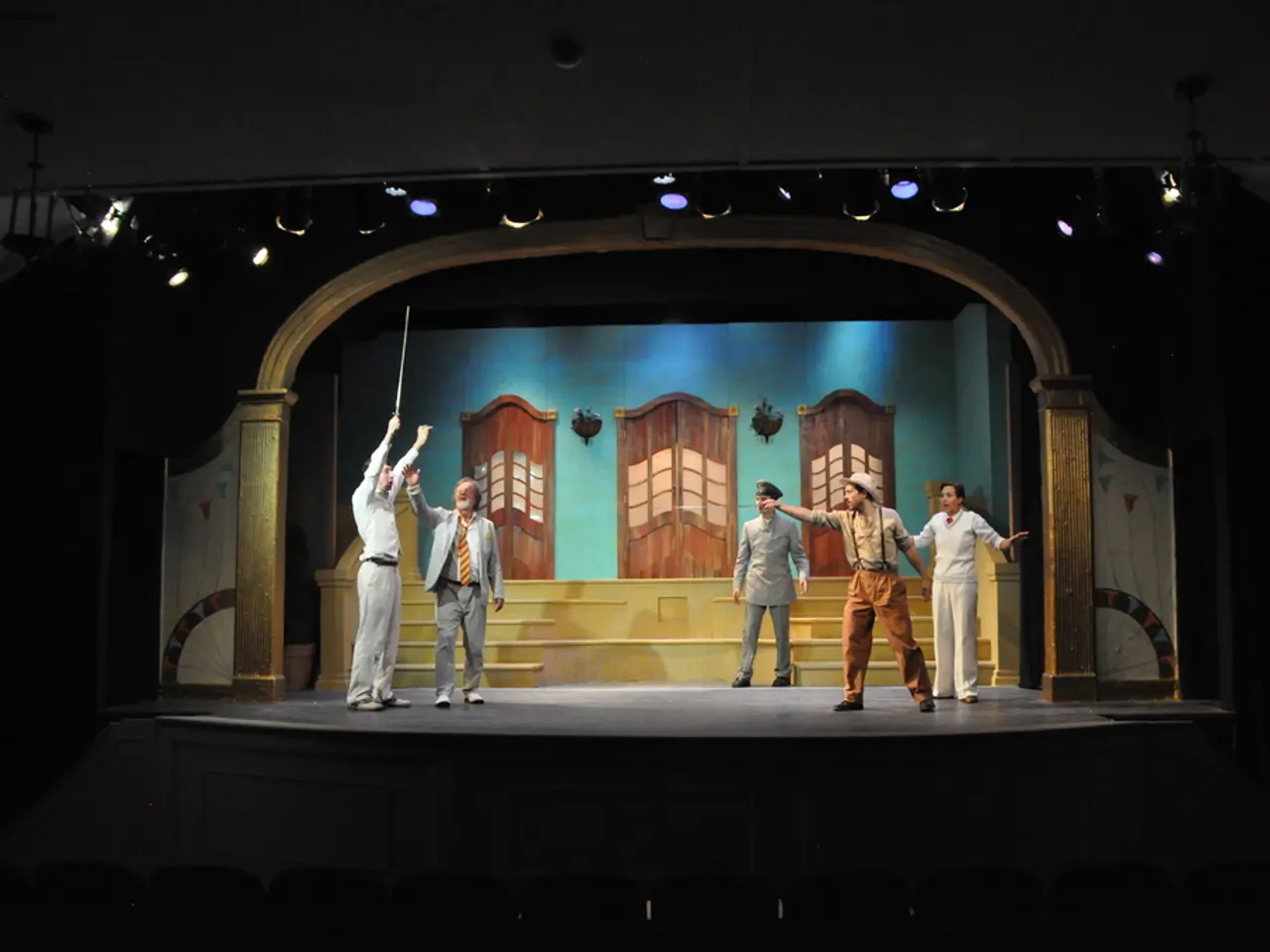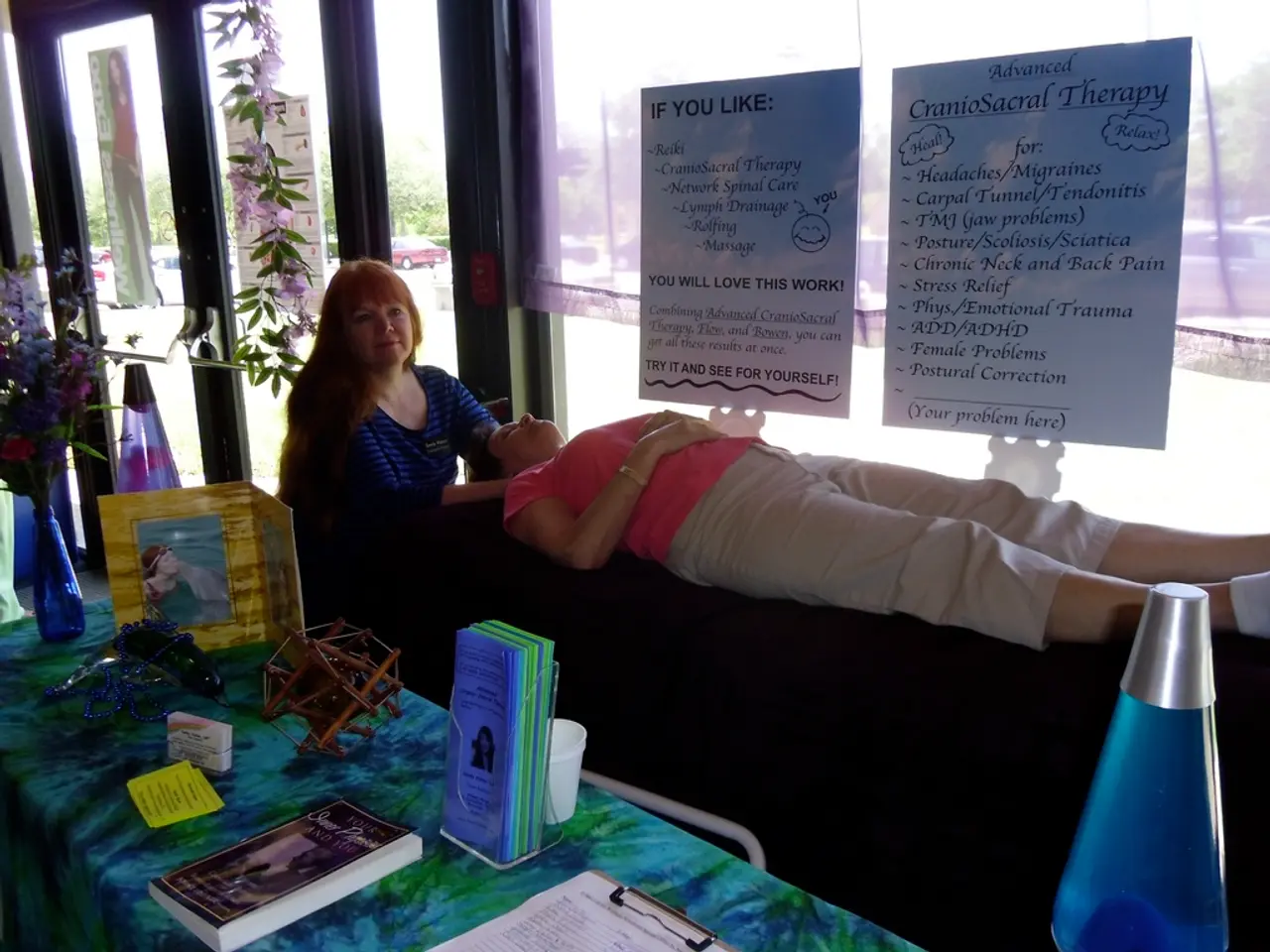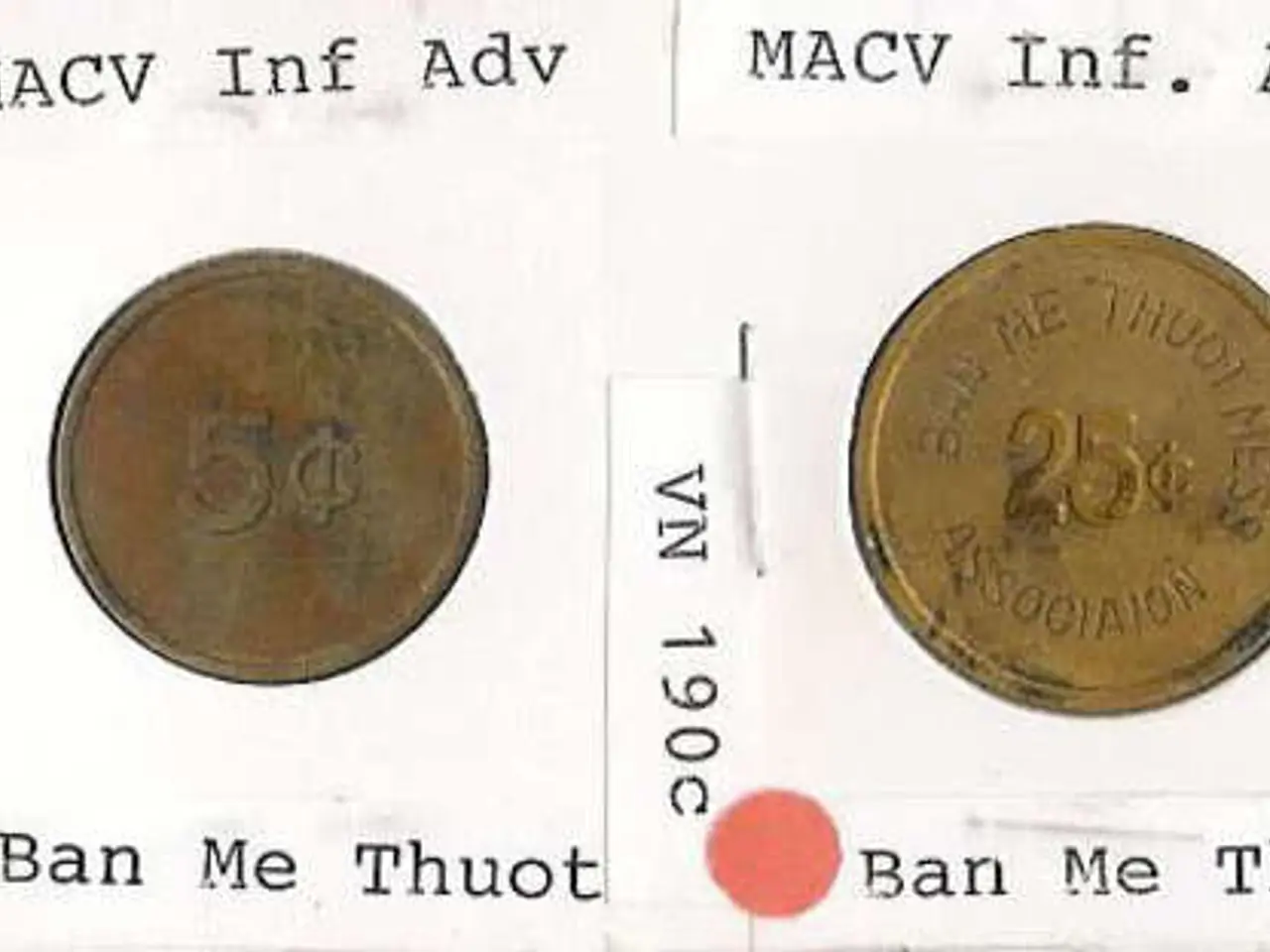"Court Verdict Favoring Festival "Jamel Rocks the Forest": Celebratory Victory"
In the small town of Gägelow, nestled within the city of Grevesmühlen's jurisdiction in Mecklenburg-Vorpommern, a legal battle is underway between the Lohmeyer family, organisers of the annual "Jamel rockt den Förster" festival, and the local municipality and district authorities. The festival, known for hosting prominent figures in the German music scene, is scheduled to take place on August 22 and 23.
At the heart of the dispute is the use and rental of municipal land for the event. The Lohmeyers have registered the festival as a prolonged public assembly to bypass lease costs, a move that has led to a series of legal conflicts. The municipality of Gägelow, however, has charged a rent of 7,870 euros for the first time this year.
The Lohmeyers have filed a lawsuit against the usage fee and sought a clause allowing them to reclaim the fee if it was later deemed illegal. In a recent ruling, the Administrative Court of Schwerin sided with the Lohmeyers, stating that the municipality's insistence on a waiver of recourse was illegal.
The municipality's appeal against this decision has been lodged with the Higher Administrative Court in Greifswald, with a decision expected soon. Landrat Tino Schomann (CDU) has filed the appeal, arguing that the municipality is within its rights to charge for the use of its land.
The court's decision will have implications beyond the rental fee, as it will also determine whether the municipality can impose conditions on the festival through an "ordinance". The district imposed such conditions on the festival this year, a move that has been met with criticism from some quarters.
Daniel Peters, a CDU state parliamentarian, has criticised the Lohmeyers' decision to register the event as a political assembly, stating that organisers must comply with conditions. Julian Barlen, the head of the SPD state parliament faction, however, has supported the Lohmeyers, calling their festival a "nationwide symbol of the courage to stand against right-wing extremism" and an example of civil courage.
The legal dispute has also extended to the district of Nordwestmecklenburg, with the Lohmeyers succeeding in a dispute by registering the event as a political assembly to avoid the rent demand. The Higher Administrative Court aims to decide on the county commissioner's appeal as soon as possible.
In a positive development for the festival organisers, the Oberverwaltungsgericht (OVG) Mecklenburg-Vorpommern has ruled that alcohol consumption remains allowed at the festival, but only if not served in glass bottles. This decision overturned some restrictions by the local authorities but upheld others, such as limitations on the number of security staff.
As the legal battle continues, the future of the "Jamel rockt den Förster" festival hangs in the balance. Regardless of the outcome, the festival remains a powerful symbol of resistance against far-right ideologies in Germany.
- The ongoing legal dispute between the Lohmeyers and local authorities in Gägelow also involves social-media discussions, with some expressing support for the festival's stance on resisting right-wing extremism.
- The entertainment event, "Jamel rockt den Förster," has been politically charged, with organizers registering it as a political assembly to avoid rental costs and certain conditions, a move that has attracted attention in the general-news arena.
- The court's decision on the municipality's right to charge for land use and to impose conditions on the "Jamel rockt den Förster" festival has extended beyond crime-and-justice matters, touching on matters of entertainment, politics, and social media.








